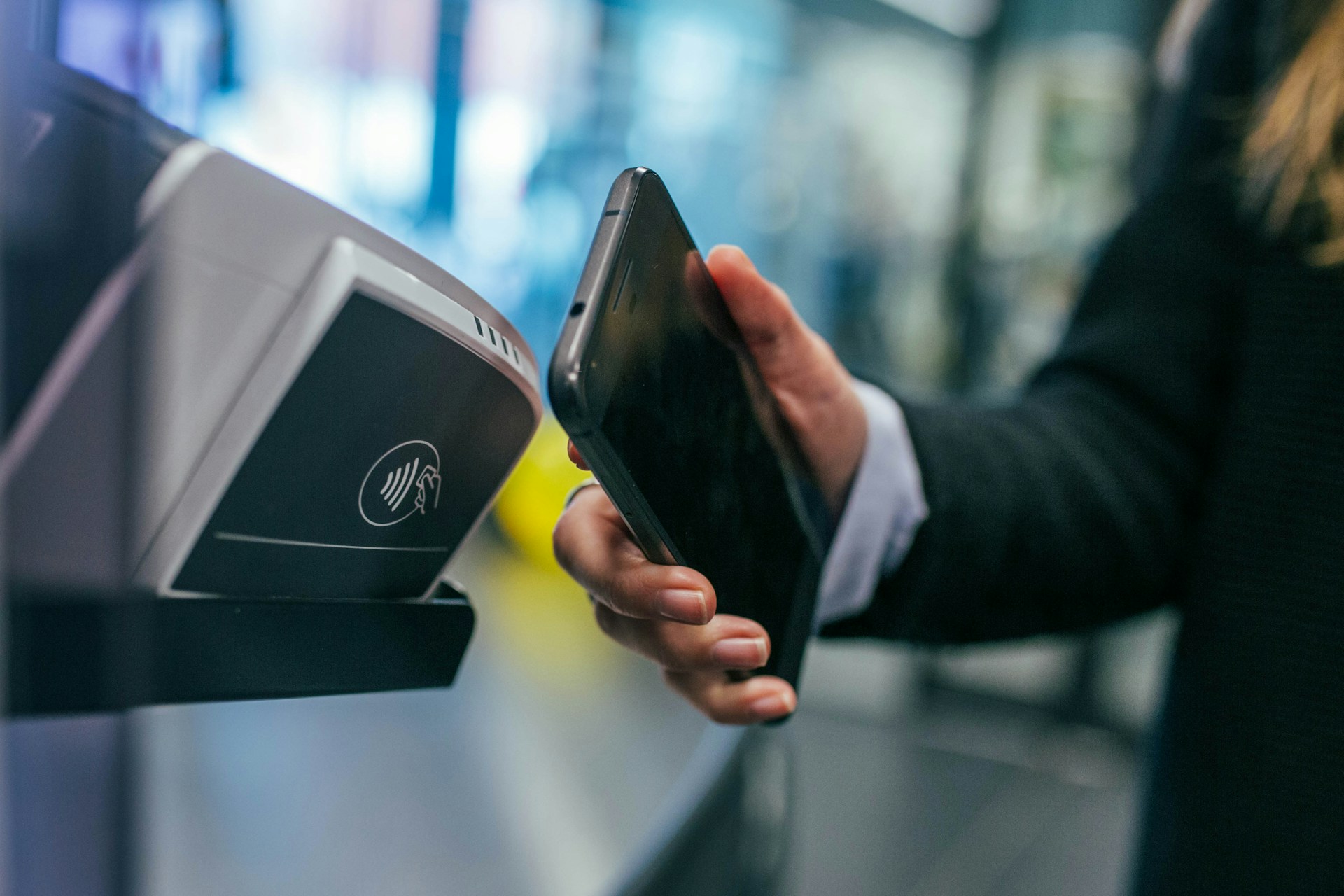The online transaction landscape evolves quickly, so finding safe payment methods is paramount. Knowing which option provides the best security is essential as cyber threats become increasingly refined. Financial experts highlight several ways that stand out for their features. Credit cards, digital wallets, bank transfers, prepaid cards, and cryptocurrencies have emerged as the safest options.
Significance of Secure Payment
Specialists talk about the rising concerns regarding fraud and data breaches. According to recent statistics, cybercrime is expected to cost the international economy over $10 trillion annually by 2025. This alarming trend emphasizes the necessity of choosing renowned and safeguarded options that protect your financial information.
With years of experience on the market and endless tests, some of the recommended choices include bank cards, digital wallets, prepaid cards, bank transfers and cryptocurrencies.
Some countries, like Canada, have native options, gaining popularity among all industries, including gambling. Methods, such as InstaDebit, offer the security standards required for the industry. You can learn about InstaDebit casinos here in case you are new to the gambling world and seek a popular and safe-to-use payment method.
Bank Cards
Bank cards are often preferred because of their reduced direct exposure to fraud. They serve as a kind of buffer between your bank account and third parties. That makes them one of the most secure payment methods available, implementing vital features. When we talk about credit cards, they usually offer zero liability for unauthorized transactions. Consumers are not responsible for charges made without their consent if reported promptly.
The card companies utilize advanced algorithms and real-time monitoring to detect unusual spending patterns. Some employ machine learning models to identify potentially fraudulent transactions before they occur, which has a lot of potential for the future. There is also EMV chip technology, generating a code for each transaction, reducing the risk of card cloning. Still, make sure to review your statements regularly for unauthorized charges.
Digital Wallets
The convenience and boosted safety features of digital wallets rank them highly among the most popular and safe payment methods. Some of the widely used e-wallets are PayPal, Apple Pay, Google Pay, etc. They come with specific security features characterizing high safety levels. Such tools often require biometric verification before processing any requests. Those are usually facial recognition or fingerprints, adding an extra layer of protection.
Moreover, when you make a transaction, sensitive card information is replaced with a token that cannot be traced back to the original card number. That helps avoid data exploitation even if it is intercepted. Encryption protocols are also activated during transfers. In order for all that to work, you should keep your wallet app updated to benefit from the latest security features. A helpful thing to do is enable notifications for every type of transaction to monitor activity in real-time.
Bank Transfers
Traditional bank transfers, ACH, and wire transfers are considered secure methods for moving money directly between accounts. By eliminating intermediaries, you reduce potential points of failure or fraud. After all, financial institutions use advanced security protocols such as multi-factor authentication (MFA) and encryption during transfers.
Many banks have programs that provide reimbursements for unauthorized transactions under specific circumstances. Many experts advise using bank transfers for larger transactions where security is paramount. A vital step here is always verifying the details of the recipient before initiating a transfer to avoid phishing scams.
Prepaid Cards
They function like gift cards and can be topped up with a specific amount of money. Since they only hold a fixed amount of funds, the risk is limited to the balance on the card if it is lost or stolen. They are not directly related to your bank account, adding another layer of security against unauthorized access. If you want to limit your spending, this is an excellent payment option. It is good to keep track of your card balance and transaction history regularly.
Cryptocurrencies
Even in the beginning stages of becoming a mainstream payment method, cryptocurrencies offer unique security components that appeal to technology-oriented users. Every action is recorded on a blockchain, a decentralized ledger, making transactions difficult to alter or forge after confirmation. These transactions can be anonymous and involve powerful encryption methods.
They protect your identity and transaction details from third parties. Nevertheless, use reputable exchanges and wallets with strong security protocols. Make sure you keep your private keys secure, and consider using hardware wallets for added protection. Still, this method needs time to be more universally used, as till now, under 1% of users prefer cryptocurrency for online purchases.
Other Security Measures
While choosing a safeguarded payment method is crucial, implementing additional safety measures can further protect your financial information. Here are some additional actions that can boost the security of your online transactions:
- Two-Factor Authentication (2FA): It demands two forms of identification before completing any transaction.
- Account Monitoring: Regularly check bank statements and transaction histories for unauthorized activity and report anything suspicious.
- Secure Networks Only: Avoid making financial transactions over public Wi-Fi networks. Use secure connections or mobile data.
- Get Information on Phishing Scams: Be wary of unsolicited emails or messages requesting personal information or clicking on links. Always verify the source before responding.
- Security Software: Use reputable antivirus software for online transactions to protect from cyber threats, malware, etc.
Conclusion
While no payment method entirely avoids risk, certain options stand out for their strong security features. Credit cards remain a reliable choice due to their comprehensive fraud protection protocols. Digital wallets offer convenience alongside tokenization and biometric authentication. Cryptocurrencies present innovative solutions through blockchain technology. Traditional bank transfers provide reliability with direct control over funds, while prepaid cards limit exposure by holding fixed amounts.
Staying informed about the safest transactions and adopting best practices will help you effectively protect your financial information. By prioritizing secure payments, you can enjoy peace of mind while confidently navigating the digital landscape.










